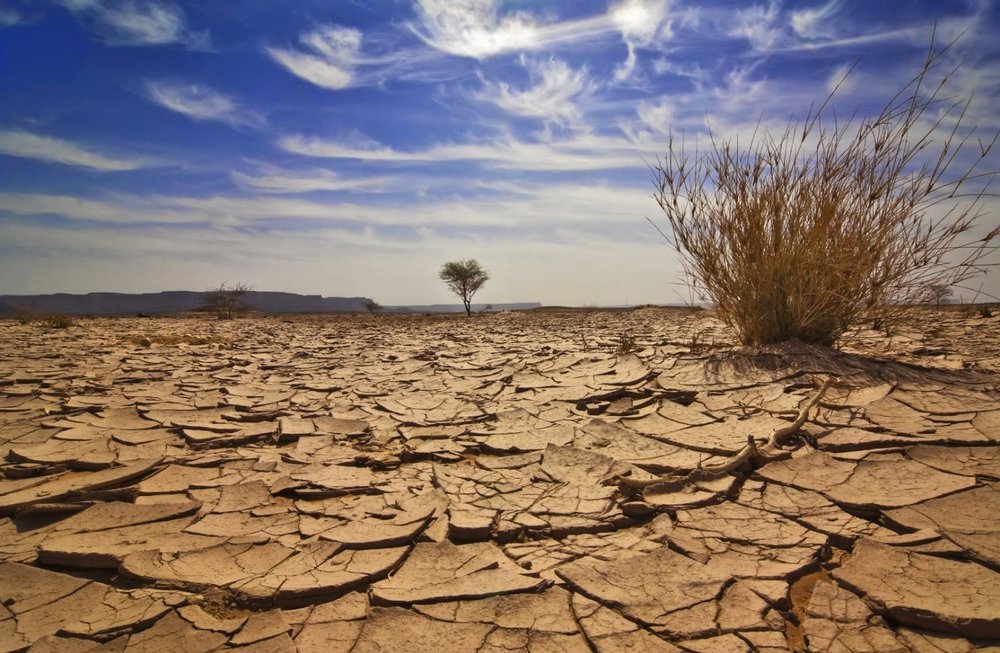‘Iran’s renewable water resources decreased by 25% in 5 decades’

TEHRAN — Renewable water resources has drastically decreased to less than 100 billion cubic meters from 132 bcm over the past 50 years, environmental official Mohammad Mojabi has said.
Mentioning persistent water shortage in the country Mojabi explained that while renewable water resources measured at 132 billion cubic meters 50 years ago it decreased to 116 billion cubic meters and even now over the past 5 years it diminished to less than 100 billion cubic meters.
The reports indicate that mean precipitation has dropped from 250 millimeters to 205 millimeters over the same period, ISNA quoted Mojabi as saying on Friday.
Unfortunately low rainfalls which have increased in the country won’t mitigate water shortage as they would easily evaporate, he highlighted.
Moreover, temperature has increased by 1.1 degrees on the Celsius scale over the past 15 years, he regretted.
Temperature rise will decrease the moisture and increase evaporation and accordingly give rise to sand and dust storms, he added.
Groundwater resources are also in a bad condition, he lamented, adding that out of 609 aquifers in the country 309 are depleted and water withdrawal is not allowed anymore in these aquifers.
Depleted aquifers are also causing land subsidence in the plains in the country and unfortunately this has also resulted in more flood incidences, Mojabi added.
He went on to say that there are some 780,000 wells in the country of which 430,000 are illegal.
He finally underscored the importance of adaptability to the current conditions as the first step to address the issues.
According to the U.S. Geological Survey's (USGS) Water Science School groundwater is a valuable resource throughout the world. Where surface water, such as lakes and rivers, are scarce or inaccessible, groundwater supplies many of the hydrologic needs of people everywhere. Groundwater depletion, a term often defined as long-term water-level declines caused by sustained groundwater pumping, is a key issue associated with groundwater use.
The water stored in the ground can be compared to money kept in a bank account. If you withdraw money at a faster rate than you deposit new money you will eventually start having account-supply problems. Pumping water out of the ground faster than it is replenished over the long-term causes similar problems. Some of the negative effects of groundwater depletion including drying up of wells, reduction of water in streams and lakes, deterioration of water quality, increased pumping costs, and land subsidence.
MQ/MG
Leave a Comment